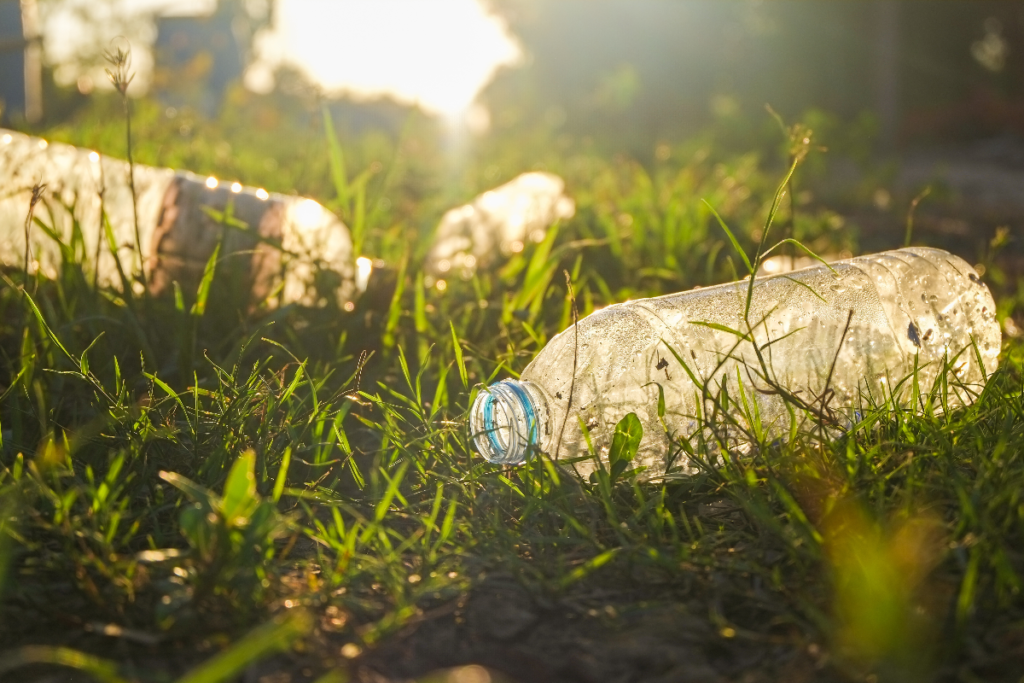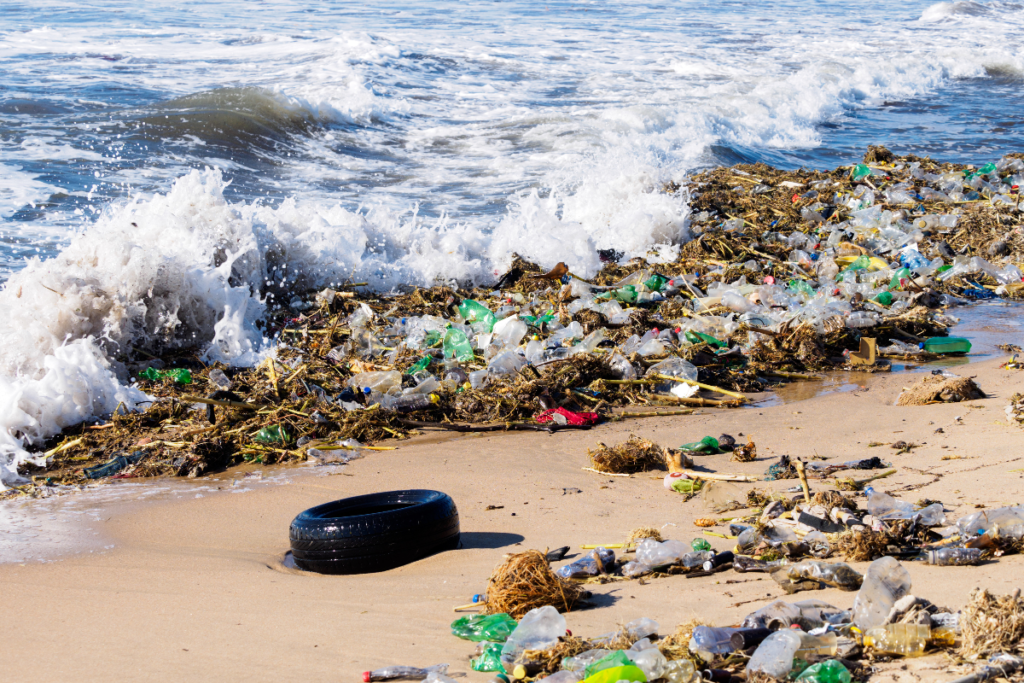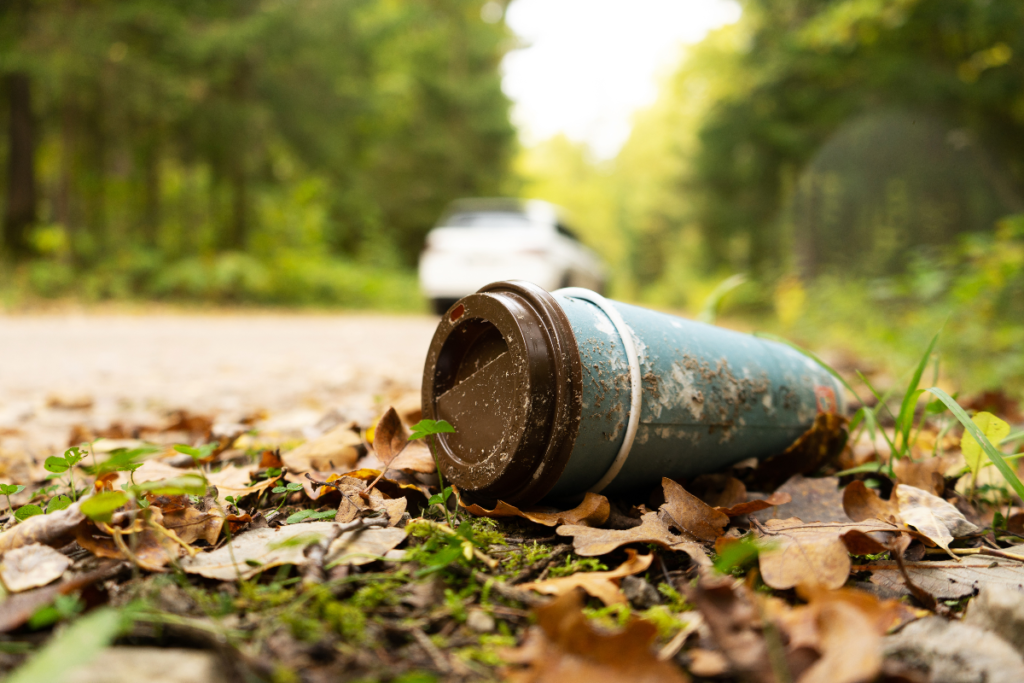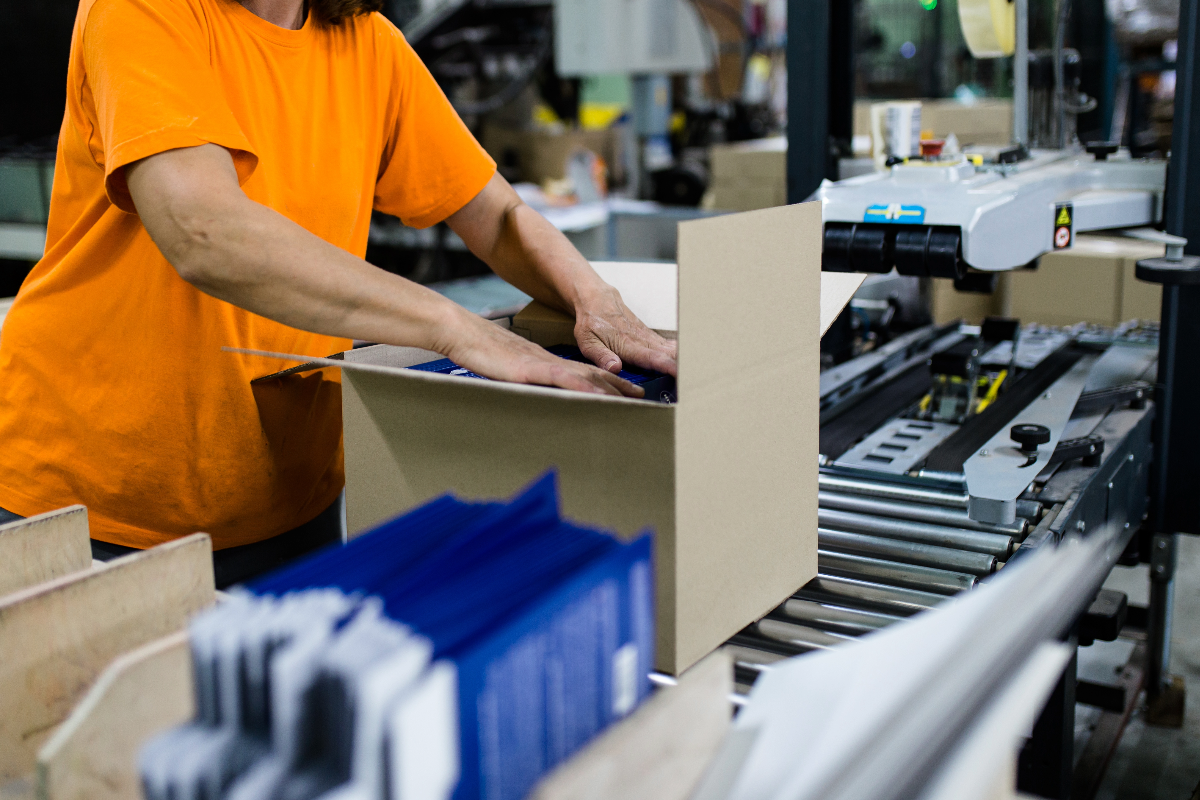BLOG
Plastic Free July: Plastics and the Environment

This July, we’re taking a deeper look at the damaging effects single-use plastic can have on the environment and what businesses can do to combat this. Plastic Free July, a global movement to reduce plastic pollution, highlights the changes people and businesses can make to cut the amount of single-use plastic they use.
What effects do single-use plastics have on the environment?
Between 1950 and 2017, 9.2 billion tonnes of plastic were produced. Of that, 7 billion tonnes became plastic waste, ending up in landfills. All this plastic waste become plastic pollution which can end up causing incredible damage to the environment. These plastics break into smaller microplastics, which end up in the air, ocean and even food. Scientists have found microplastics in everything from beer to sea salt. The effects that this could have on human health are unknown.
Plastic also has damaging effects on the environment. It’s estimated that over 12 million tonnes of plastic waste enter the marine environment each year. That’s equivalent to the weight of one million double decker buses. Marine biologists are finding plastic in the guts of more than 90% of sea birds and in the stomachs of more than half of the world’s sea turtles. Animals eating these types of plastics leads to malnutrition, intestinal blockage and poisoning from chemicals – drastically reducing the amount of wildlife in these spaces. One study even found that if our plastic consumption habits continue as they are, plastic will outweigh all the fish in the sea by 2050.
What happens if we don’t change our plastic consumption?
If we don’t change our plastic consumption, there could be damaging effects on the environment and our own health. If we continue to send our plastic waste to landfill, there could be dangerous consequences on the environment. It’s estimated that around 70% of all greenhouse gas emissions from the waste sector come from landfills. These greenhouse gas emissions enter the atmosphere and contribute massively to climate change.


How can you reduce the amount of plastic your business uses?
Look at your supply chain
If you want to reduce your consumption this Plastic Free July, taking an in-depth look at your supply chain can help your business to reduce the amount of single-use plastic you’re using is a great way to start. You’re likely to receive deliveries on wooden pallets. But have you thought about the wrap? Switching to a reusable alternative to pallet wrap, such as velcro or cardboard pallet strapping to keep any products safe can cut down on the amount of single-use plastic you’re consuming. Take a look at the businesses you’re working with and whether they’re taking steps to reduce their plastic usage. Can you switch to work with a company that uses reusable packaging? This could be as simple as switching to a stationary company with less plastic packaging – everything will make a difference in the long run.
Switch your product design and packaging
It’s estimated that around 40% of all plastic produced is for single-use products. Taking a look at your own product’s packaging can be a step in the right direction too. It’s a good time to investigate your packaging too. With new EPR legislation coming into place next year, producers will be responsible for the environmental impact of their packaging. You’ll need to pay for the collection and disposal of your packaging once it becomes waste. So, reducing the amount of packaging you’re using not only cuts your environmental impact but also cuts your costs too.
Want to learn more about EPR and the Packaging Waste Regulations? Click the link below!
Businesses are starting to cut down on the amount of plastic they use in their products. In 2020, Sports Interactive and Sega created the first ‘fully recyclable’ casing for video games. They applied this to their newest game, Football Manager 2023. This packaging was made from fully recycled cardboard and used vegetable ink for printer. This new edition now has half the carbon footprint of the previous year’s edition. But it’s not just the games they’re changing – the controllers are adapting too. X-Box announced earlier this year that its newest controller would be made with PCR – a post-consumer recycled resin plastic. This is in the mix with leftover parts from used controllers and a rechargeable battery to cut down on e-waste. Logitech is also trialling new headset with a minimum of 22% PCR plastics.
Ensure plastics are recycled correctly
You might have taken every step possible to reduce the amount of plastic you’re using, but you might not be able to eliminate everything. This is where a fully established recycling system comes into play. Ensuring that as little of your waste as possible goes to landfill is crucial to reduce the environmental impact of your business’ operations. Working to make sure you reuse or recycle your materials helps to reduce the need for landfill sites – creating a more sustainable future.
Contact Us
Want to learn more about how your business can become more sustainable? Our team of waste experts can help your business to create a full waste management plan to increase your recycling rates and reduce your impact on the environment. Get in touch today to find out more about how Flame UK can support your business.




